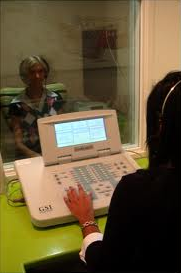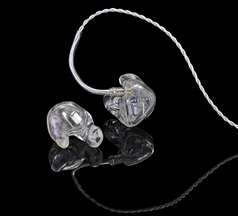
Hearing is a survival skill that provides animals with many advantages. It's the only sensory system that allows us to understand what's happening around us, without having to look.
Did you know?
Fact 1: An estimated 17% of teenagers and 19% of people in their 20s have signs of noise-induced hearing loss, according to research. And more than 1 billion young adults worldwide are at risk of permanent, avoidable hearing loss that's caused by unsafe listening practices, according to the World Health Organization.
Fact 2: Hearing loss is the #1 modifiable risk factor for dementia when identified and addressed in mid-life.1
Several studies are ongoing to determine if the use of hearing aids can help reduce the risk of developing dementia.
According to John Hopkins, hearing loss has long term effects on overall health. Risks include falls, depression, isolation, and cognitive decline.
A comprehensive hearing evaluation will determine the cause of the hearing problems using a variety of tests. There are no needles or pricks during a hearing evaluation. We also offer quick screening, a computerized cognitive screening device called Cognivue to see how hard your brain is working in your daily life. The test is self-administered and takes about five to ten minutes to complete. It uses FDA-cleared technology to assess cognitive function in areas such as memory, visuospatial skills, and executive function. The results will help audiologists understand your full communication needs and abilities, which will help us manage and treat your hearing loss more effectively. First time screening is included with your hearing evaluation at no cost. Additional screenings are available if you’d like to track your cognitive progress.
Our audiologists take time to listen to your needs, concerns, go over test results and treatment options at your initial appointment. We encourage family members to come to the appointment to be part of your hearing health journey.







